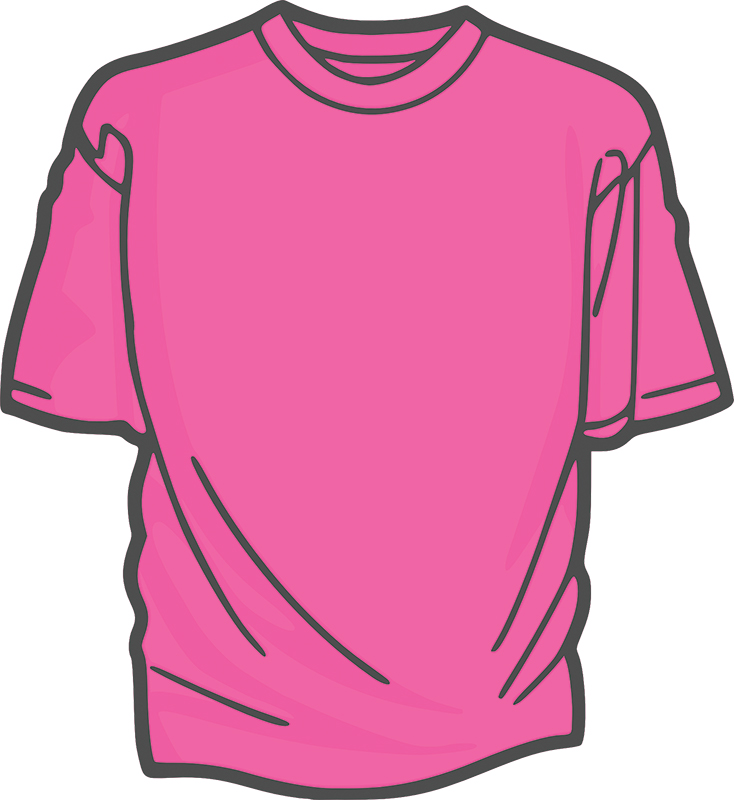It’s not just a day for kids: bullying in later life – it’s hashtag #PINKSHIRTDAYFORALL

February 26, 2020 is Pink Shirt Day. For this occasion A & O: Support Services for Older Adults, with support from the Canadian Network for the Prevention of Elder Abuse (CNPEA), will be launching an anti-bullying campaign to help raise awareness about bullying of older adults.
By 2030, approximately 25% of Canada’s population will be 65 or older.
Traditionally, bullying awareness and prevention activities have been aimed at younger generations, even though the behaviours occur across the life course and in areas where people congregate regularly. Minimal research has been done to understand the full prevalence of bullying among older adults, although there have been countless stories identifying conflicts in groups of older adults (either living together in a facility, or gathering on a regular basis)

In a recent Canadian study, the preliminary reports identified that 7% of English speaking older adult respondents reported being bullied in the last 4 months.
Bullying (can also be seen as “harassment”) happens when a person or a group of people hurts, threatens, or scares a peer, either on purpose or unintentionally. Bullying is usually a repeated pattern of behaviours, and it can happen repeatedly. People that are experiencing bullying often have a difficult time defending themselves. With older adults, the underlying causes of bullying may be impacted by:
• Loneliness and social isolation
• Compounded losses (e.g. loss of loved ones, family home, home community, independence, and changes in mobility, etc.)
• Changes in mental health and well-being
Bullied older adults may experience social/emotional distress, self-harming behaviours, physical injury, depression/anxiety, sleep difficulties, isolation, lower self-esteem, and functional changes. People who have witnessed bullying may feel guilty for not intervening, have a decrease in self-worth, reduced satisfaction with living environment or social program, and lose confidence in the ability of the facility/organization to protect them against bullying (leading to fear and disrespect). People who bully may be experiencing low self-esteem, a loss of control over one or more parts of their life, and are struggling to maintain some sense of control or power.
Creating a supportive community environment, where people are comfortable identifying and challenging bullying behaviours, is vital to the overall health and quality of life for older Canadians. This can include:
• Having clear guidelines/code of conduct for facilities and organizations to address bullying behaviours
• Teaching strategies for organizations, staff, participants/facility residents to de-escalate situations
• Signage to promote kindness, civility, and the importance of inclusion
• Communication that common spaces in buildings should be welcoming and safe for everyone
• Increasing education and awareness through speakers, poster campaigns, discussion groups, etc.
Even with guidelines and supports in place, it can be difficult to navigate social situations. There are organizations in Manitoba that can help people that are struggling with bullying in social circles.
By increasing awareness of bullying and providing education, supports, and resources to prevent bullying, older adults can live healthier, happier lives. This is why A & O and the CNPEA are working together to start the discussion on Pink Shirt Day – February 26, 2020.
For questions related to elder abuse prevention and/or safe suites please contact A & O: Support Services for Older Adults: Phone: (204) 956-6440; aosupportservices.ca; cnpea.ca; #PINKSHIRTDAYFORALL

